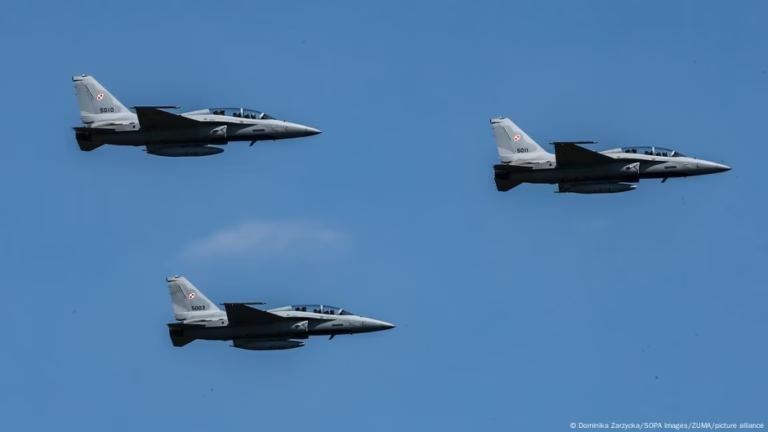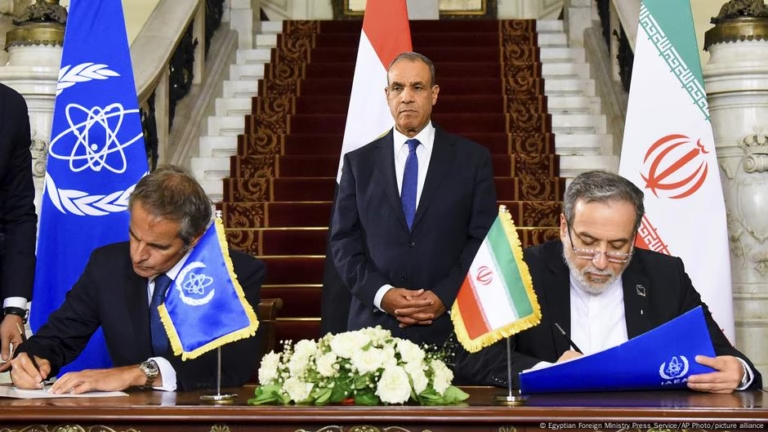Every year, hundreds of young entrepreneurs across Europe embark on a journey in search of opportunity, innovation, funding, and success. They seek to find the ideal country and city to launch their business. Increasingly, this journey leads to Isar Valley, located in Munich, a technology and artificial intelligence hub inspired by the Silicon Valley technology hub model.
Munich ranks 17th globally in the latest Global Tech Ecosystem Index, while when measured by high-performance, innovation-driven ecosystems with strong per-capita output, Munich is ranked 5th, just behind US tech hubs San Francisco Bay Area, Boston, New York, and Cambridge.
Greek entrepreneurs Nikos Tsiamitros and Georgios Pipelidis launched their startup in Munich, even though Tsiamitros had never visited the city. They were drawn to Munich because of its excellent reputation as the home of the Technical University of Munich (TUM).
Tsiamitros and Pipelidis joined TUM via Austria to study and started working together on navigation software for public transportation. They won a hackathon with their software idea and decided to turn their navigation and localization algorithm into a real startup called Ariadne.
Ariadne’s main product has evolved from a navigation software into an AI-based people-counting and movement analytics tool. Today, it serves airports in Munich, Glasgow, and Los Angeles, as well as several German cities and retailers, including IKEA.
To launch their startup, Tsiamitros and Pipelidis sought resources from Munich’s startup ecosystem, such as the UnternehmerTUM entrepreneurship center. There, they learned to start and run a company and secured capital.
Another tech startup founded in Munich is KEWAZO, led by Greek founder Eirini Psallida. The company offers a battery-powered, remote-controlled robotic lifting system called LIFTBOT, used on many construction and industrial sites worldwide.
KEWAZO is one of over 100 tech startups founded annually in Munich. In Germany, a significant number of startup founders have a migration background, and the share is even higher among unicorns (startups valued at over a billion dollars). Foreign founders stand out for their strong entrepreneurial mindset, willingness to take risks, and resilience.
However, foreign startup founders also face challenges, such as limited access to networks, bureaucracy, and funding. In the case of Psallida’s and German founders’ startup, they secured support from a Greek VC firm after a German VC firm made its investment conditional on replacing the CEO with a German national.
Despite the challenges, founders like Tsiamitros, Pipelidis, and Psallida remain enthusiastic about Munich’s startup environment and its potential for success.
Source: https://www.dw.com/en/how-munich-became-europe-s-tech-startup-capital/a-72776718?maca=en-rss-en-all-1573-rdf




